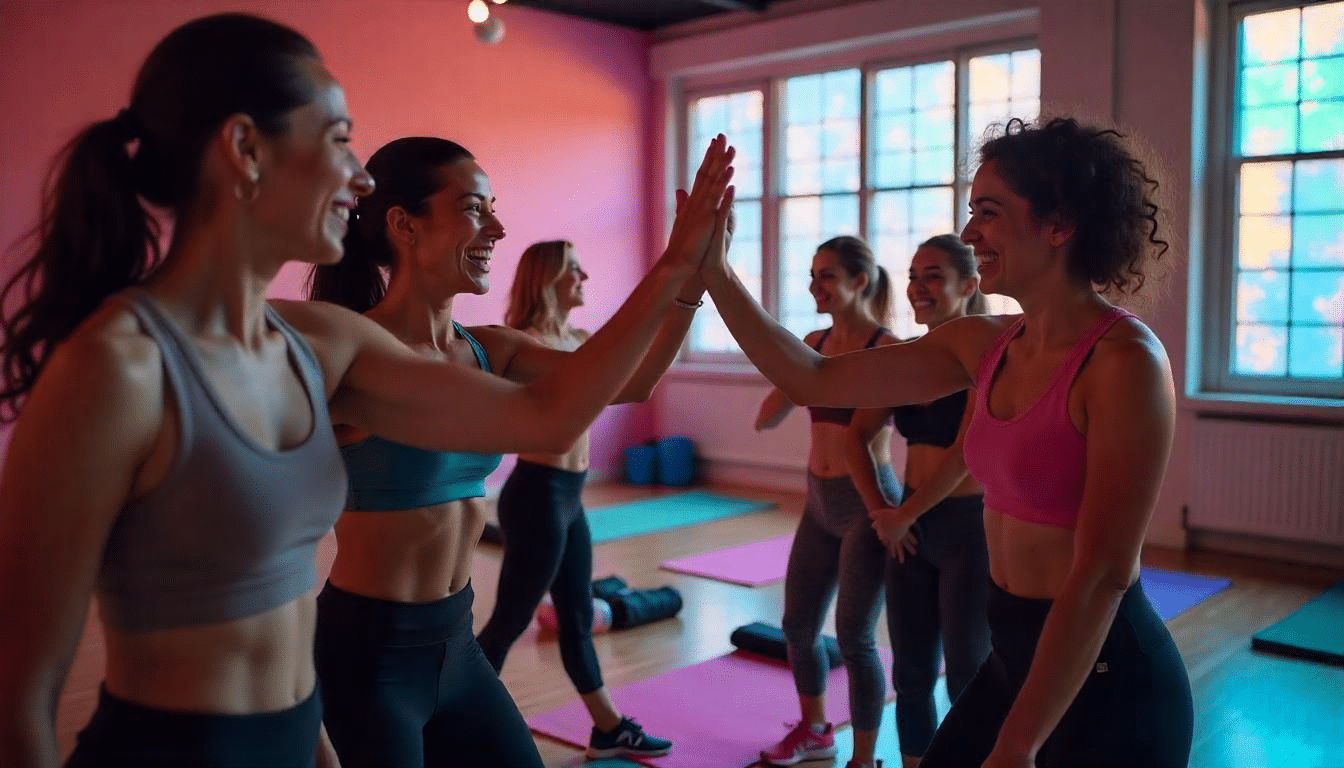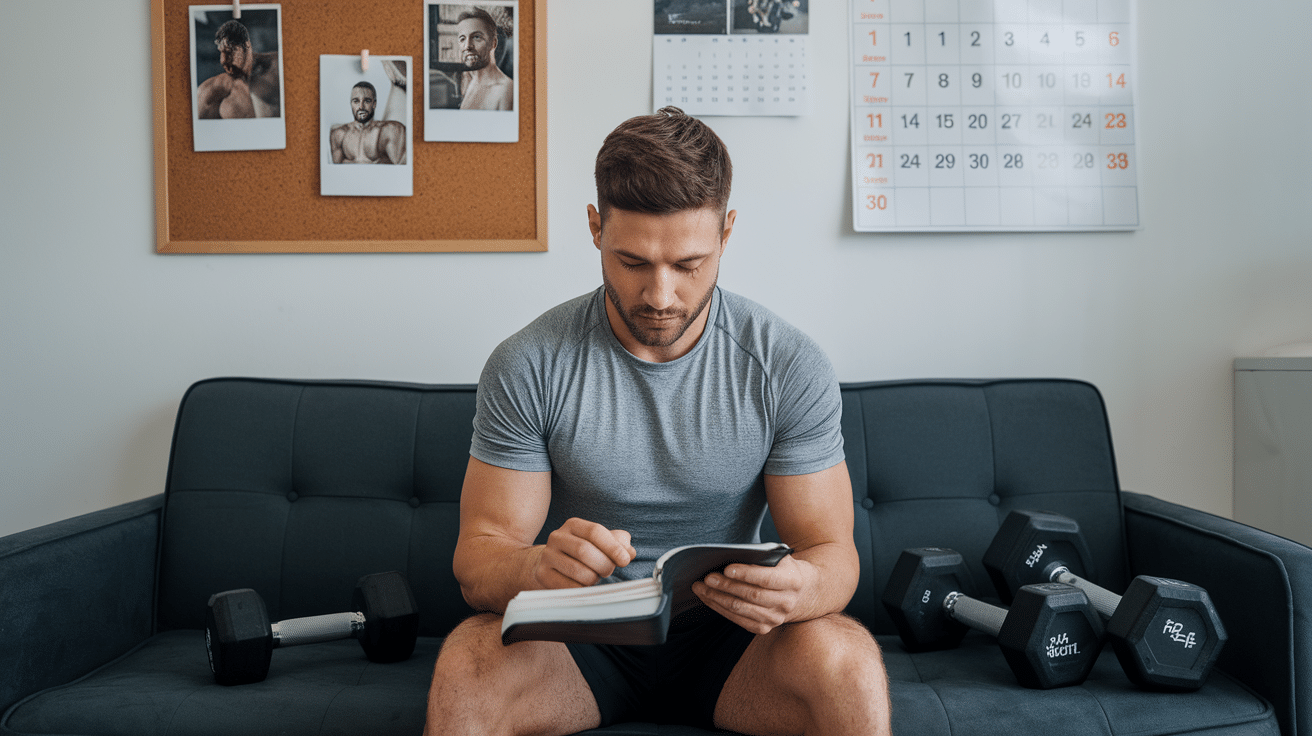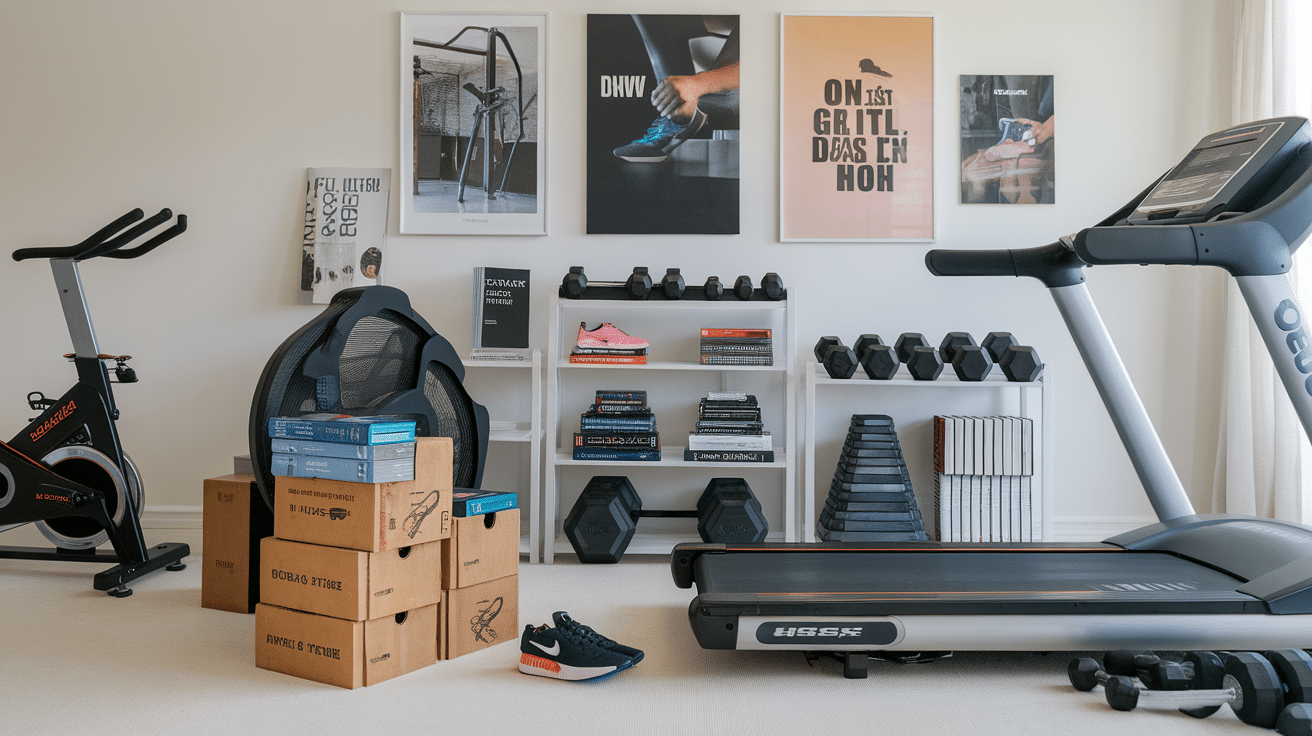Many people wonder if their gym time counts as a hobby or just a health task. This question pops up often among those who spend hours lifting weights or running on treadmills.
You might think hobbies are only fun activities like painting or playing music. But what if your exercise brings the same joy and fulfillment?
When you exercise, you gain skills, meet like-minded friends, and feel good after each session. These aspects match what makes other activities count as true hobbies.
Want to know if your fitness routine is more than just a health habit? This post will help you see how exercise fits into the hobby category, the mental upsides of viewing fitness this way, and tips to make your workouts more fun and lasting.
What Is a Hobby?
A hobby is any activity a person engages in for enjoyment during their free time. People choose hobbies based on what they enjoy, not because they have to do them. Most hobbies help people relax, feel happy, and grow their skills in areas they care about.
Think about what you like to do when you have spare time. Some common hobbies include:
- Reading books – from fiction novels to non-fiction guides that expand knowledge
- Creating art – through painting, drawing, or crafting items by hand
- Playing games – board games, video games, or sports with friends
Hobbies share key traits that set them apart from chores or work tasks. They bring joy and make you feel good while doing them.
They often lead to a sense of pride when you finish a project or reach a goal. Most importantly, hobbies are what you choose to do, not what you must do to earn money or meet basic needs.
People invest their time in hobbies because these activities give them a break from daily stress. They offer a chance to focus on something purely for the sake of interest and personal growth.
When someone calls an activity their hobby, it means they’ve found something that adds value to their life beyond just passing time.
More Than a Workout: Making Fitness a True Hobby
Working out goes beyond health needs when it becomes something you look forward to and plan your week around. Let’s look at five ways exercise fits the hobby mold.
1. Enjoyment Factor

Many people feel real pleasure during and after their workouts. This joy turns a health task into a wanted activity, much like how painters enjoy their art.
- Your brain releases feel-good chemicals during exercise
- People often report “runner’s high” after cardio sessions
- The right workout matches your interests and feels fun
- Time passes quickly when you’re doing an exercise you love
Note: If you dread every minute at the gym, it might not be your hobby yet—try different types of movement until you find one that clicks.
2. Community & Lifestyle

Exercise classes and groups create bonds through shared goals and experiences. The social aspect can be as rewarding as the workout itself.
- Group fitness members often become friends outside class
- Shared struggles and wins build strong connections
- Many fitness groups plan events, trips, and celebrations
- You learn from others and share your own progress
Note: Even solo exercisers can find community through online forums, apps, and social media groups focused on their preferred activities.
3. Self-Improvement

Like learning an instrument or mastering photography, fitness involves gaining skills and seeing yourself grow over time.
- Progress is measurable through strength gains or skill mastery
- Each workout builds toward long-term goals
- Learning proper form takes practice and focus
- The path from beginner to expert is clear and rewarding
Note: Tracking your fitness journey through photos, journals, or apps can boost the hobby aspect by highlighting your growth.
4. Creative or Expressive Elements

Many fitness types let you express yourself through movement, form, and personal style.
- Dance fitness turns music into physical expression
- Yoga flows can be unique to your body and mood
- Martial arts combine technical skill with personal flair
- Rock climbing lets you solve problems in your own way
Note: Finding your personal style in fitness helps turn it from routine into creative outlet.
5. Personal Investment

Hobbyists often invest in gear, learning, and spaces for their interests—fitness enthusiasts do the same.
- Collecting workout clothes and gear you love
- Learning about nutrition, recovery, and training methods
- Creating home gym spaces that reflect your priorities
- Following experts, reading books, and watching tutorials
Note: Your willingness to spend resources on fitness equipment or classes shows its value to you beyond basic health.
When Is Working Out Not a Hobby?
Exercise doesn’t count as a hobby for everyone. Several factors can turn what should be fun into just another task on your to-do list.
1. Obligation or Routine
Some people see the gym as a must-do health task, like brushing teeth or taking medicine. They track their workouts like duties to check off.
The joy factor is missing when you force yourself to exercise solely for health reasons. You might do the bare minimum to maintain basic fitness without any interest in the process.
If you watch the clock the whole time and feel relief only when it’s over, your workout likely falls into the obligation category rather than hobby status.
2. External Pressure
Many hit the gym because they worry what others think of their body. This outside pressure removes the personal choice that defines true hobbies.
Social media can make this worse. Seeing “perfect” bodies online might push you to exercise from a place of shame or comparison.
Family or friend comments about your appearance can also turn fitness into something you do to please others or fit in, not because it brings you personal satisfaction.
When your main motivation comes from wanting to look a certain way for others, the activity lacks the intrinsic reward system that powers genuine hobbies.
3. Performance-Based Mindset
Professional athletes often describe how their sport shifted from play to work. The same happens to regular people with overly strict goals.
When every session becomes about numbers, personal records, or visible results, the fun can disappear. The pressure to perform replaces enjoyment.
This mindset turns exercise into a productivity challenge rather than an activity done for its own sake. You might feel like a failure when you don’t hit targets, unlike hobbies where the process matters more than perfection.
People who train with this approach often burn out or lose interest once goals are reached, unlike hobbyists who stay engaged long-term through ups and downs.
The Benefits of Treating It Like a Hobby
1. Lasting Motivation: People stick with activities they genuinely enjoy, leading to months and years of consistent practice rather than short-lived fitness kicks that fade by February.
2. Stress Relief: Hobbies are natural stress busters, and exercise as a hobby doubles this benefit through both mental distraction and physical tension release.
3. Freedom from Guilt: Missing a workout feels less like a moral failure and more like postponing something fun that you’ll get back to when you can.
4. Natural Progression: Hobby exercisers often improve their skills and fitness without the pressure of strict plans, finding joy in the gradual process of getting better.
5. Budget Priority: When fitness is your hobby, spending money on good equipment or classes feels like a worthwhile investment in your happiness, not a grudging expense.
6. Identity Shift: You begin to see yourself as “someone who enjoys fitness” rather than “someone who needs to exercise,” creating a more positive self-image.
7. Social Connection: Hobby-based fitness naturally leads to connections with others who share your interests, creating friendships based on common joy rather than common struggle.
Final Thoughts
Reflecting on what makes a hobby special, fitness aligns well when approached with the right mindset. The key lies in how you feel about your workouts.
Do you look forward to your exercise time? Does it bring you joy beyond the health gains? If yes, you’ve found more than a health habit—you’ve found a hobby that helps your body and mind.
For those stuck in the “must do” fitness mindset, try different activities until you find one that feels like fun, not work. Switch your focus from results to the process.
Remember that hobbies add richness to life. When fitness joins your hobby list, you gain twice: better health and genuine happiness.
What’s your take? Is your workout a hobby or just a health habit?





